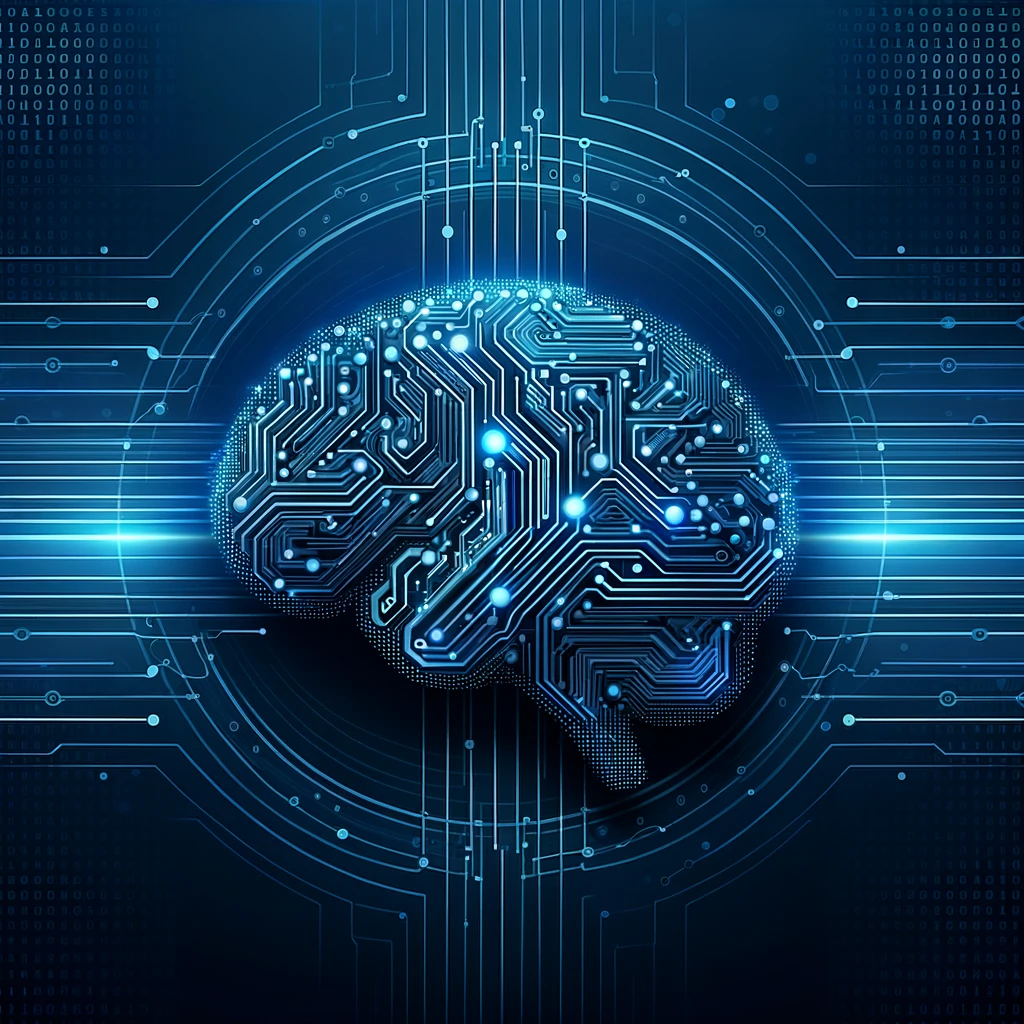What is AI?
At its core, AI is the simulation of human intelligence in machines. These machines are designed to think, learn, and make decisions in a manner that mimics human cognition. AI encompasses a range of technologies, each with its unique capabilities and applications.
- Machine learning enables computers to learn from data and improve over time, akin to human learning and adaptation.
- Natural language processing (NLP) allows them to understand and interpret human language, facilitating communication.
- Computer vision, speech recognition, and robotics collectively allow AI to interact with the real world.
Together, these technologies enable AI systems to analyze complex data, recognize patterns, and make informed decisions, thereby extending the capabilities of human intelligence through machine automation.
What can AI do?
AI is a powerful tool that businesses can leverage to automate processes, enhance decision-making, and gain insights into their operations and customers. Here are a few ways AI is being used in the business world:
- Automation: AI can automate repetitive tasks, such as data entry or scheduling, freeing up valuable time for employees to focus on more strategic work.
- Personalization: In marketing and e-commerce, AI algorithms can analyze customer data to deliver personalized recommendations and experiences.
- Predictive Analytics: AI can help businesses anticipate future trends and outcomes based on historical data, aiding in more informed decision-making.
- Customer Service: Chatbots and virtual assistants powered by AI can provide 24/7 customer support, handling inquiries and resolving issues efficiently.
What are AI’s limitations?
While AI offers numerous benefits, it’s important to clarify what AI is not.
- A Replacement for Human Intelligence: AI enhances and complements human intelligence; it does not replace it. The creativity, empathy, and critical thinking of human minds are irreplaceable.
- All-Knowing: AI systems operate within the constraints of their programming and the data they are trained on. It is important to validate the output it produces to ensure it aligns with your goals
- One-Size-Fits-All: The effectiveness of AI depends on the quality of data, the relevance of the algorithms, and the specific needs of the business. It’s not a cookie cutter solution that produces the same results for differing usages..
- Ethically Neutral: The development and deployment of AI must be guided by ethical considerations to ensure it is used responsibly and for the greater good. Issues such as data privacy, bias in AI algorithms, and the impact on employment must be addressed to prevent unintended consequences and maintain public trust in AI technologies.
Embracing AI in Your Business
AI is not just a buzzword or a concept reserved for tech giants. It’s a practical tool that businesses of all sizes can use to innovate and stay competitive. Understanding AI is the first step toward leveraging its potential in your business. Start by identifying areas in your operations where AI can bring efficiency, accuracy, and insights. Whether it’s automating routine tasks, enhancing customer experiences, or making data-driven decisions, AI can be a valuable asset in your business toolkit.



